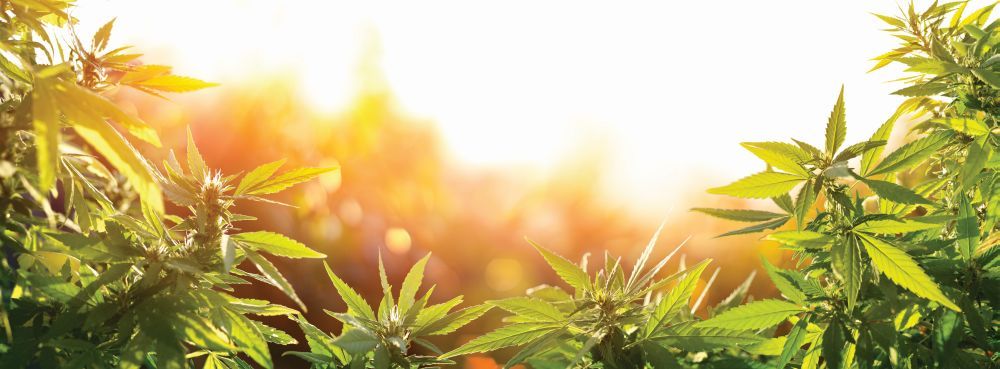March 26, 2021 Marc E. Agronin, MD Psychiatric Times, Vol 38, Issue 3, Volume 03,

RomoloTavani/AdobeStock
“…A meta-analysis of CBD use found that it is generally well tolerated with few adverse effects, the most common one being diarrhea.20 Other adverse effects associated with CBD include nausea, drowsiness, fatigue, dry mouth, and mood changes. Keep in mind that CBD is an inhibitor of several cytochrome P450 enzymes, including CYP1A2, CYP2B6, CYP2C9, CYP2D6, and CYP3A4. CBD can lead to drug-drug interactions with several commonly used medication groups in older patients, including blood thinners, antibiotics, anticonvulsants, antidepressants, and antipsychotics…” The use of medical marijuana and CBD in older adults must be approached with caution because there are several potential adverse effects. It has been well established that heavy marijuana use in both young and middle-aged adults can cause mild functional and structural brain impairments affecting attention, processing speed, motor coordination, verbal memory, and executive function.14,15Although these effects may be more variable with lighter use in older adults, they may be amplified by preexisting brain impairment as well as by underlying pulmonary and cardiovascular conditions, especially when medical marijuana is smoked or vaped.16 One review of 184 older patients (median age, 82) who were on medical marijuana for 6 months found that approximately 80% reported some benefit for the treated symptoms, but one-third reported adverse effects, including dizziness (12%) and sleepiness and fatigue (11.2%).17 Other reported adverse effects from a national epidemiologic survey included changes in mood and cognition, psychosis, increased heart rate and blood pressure, urinary retention, and blurred vision.18 ..”